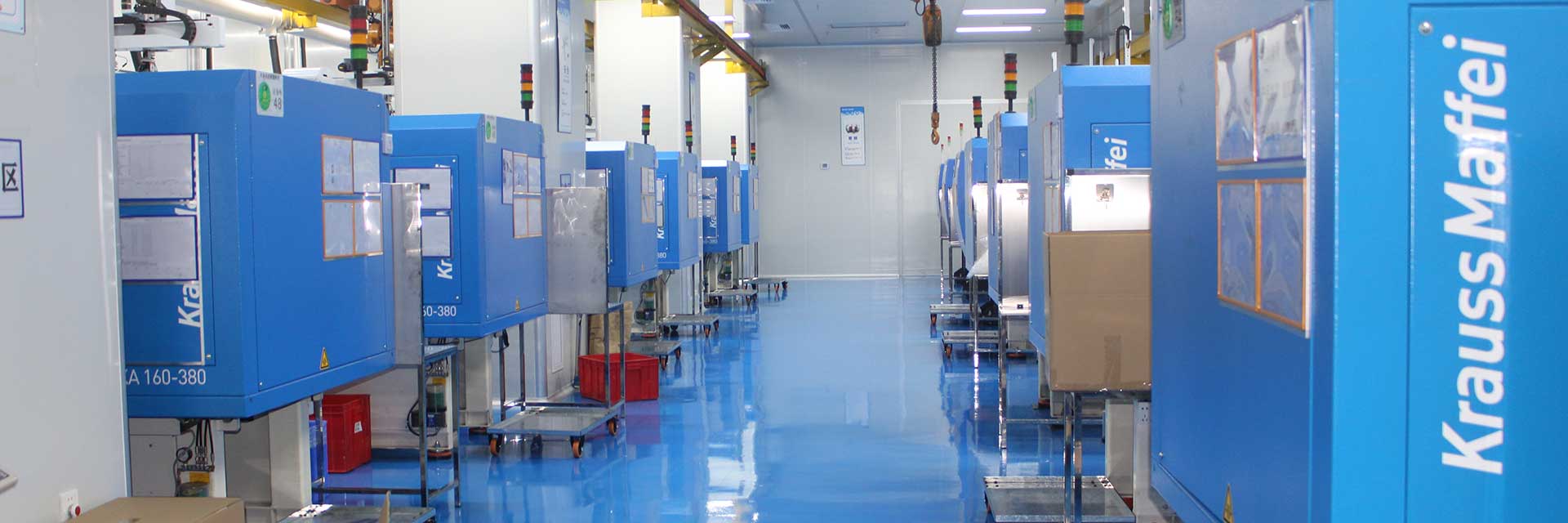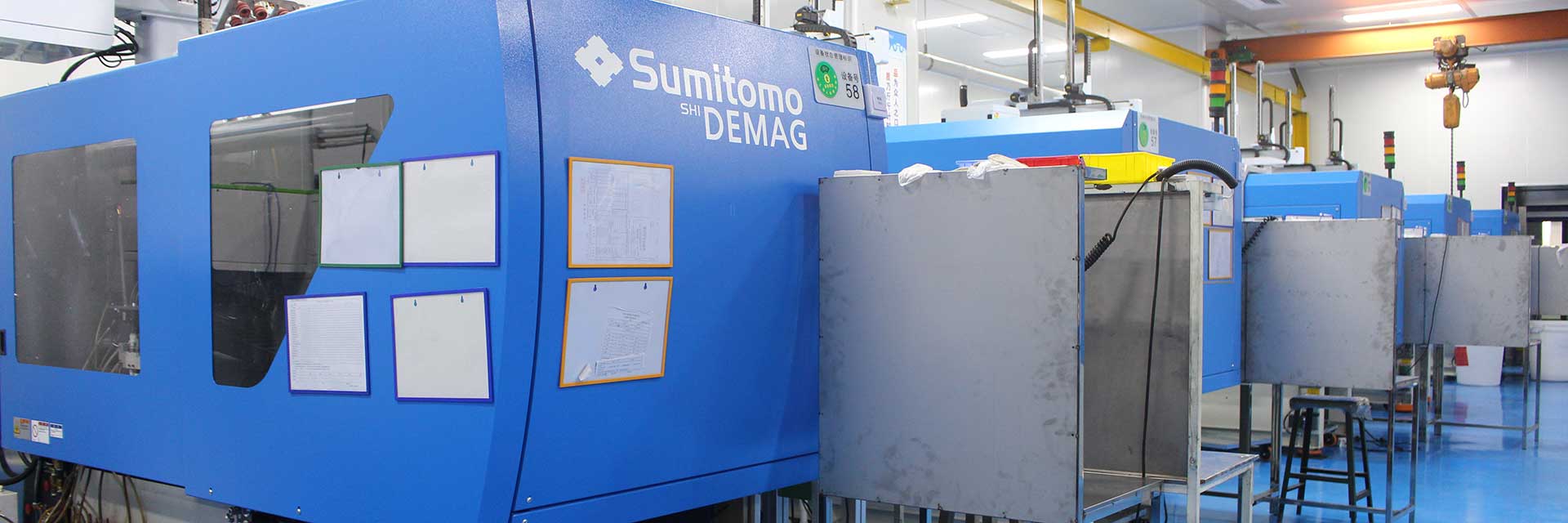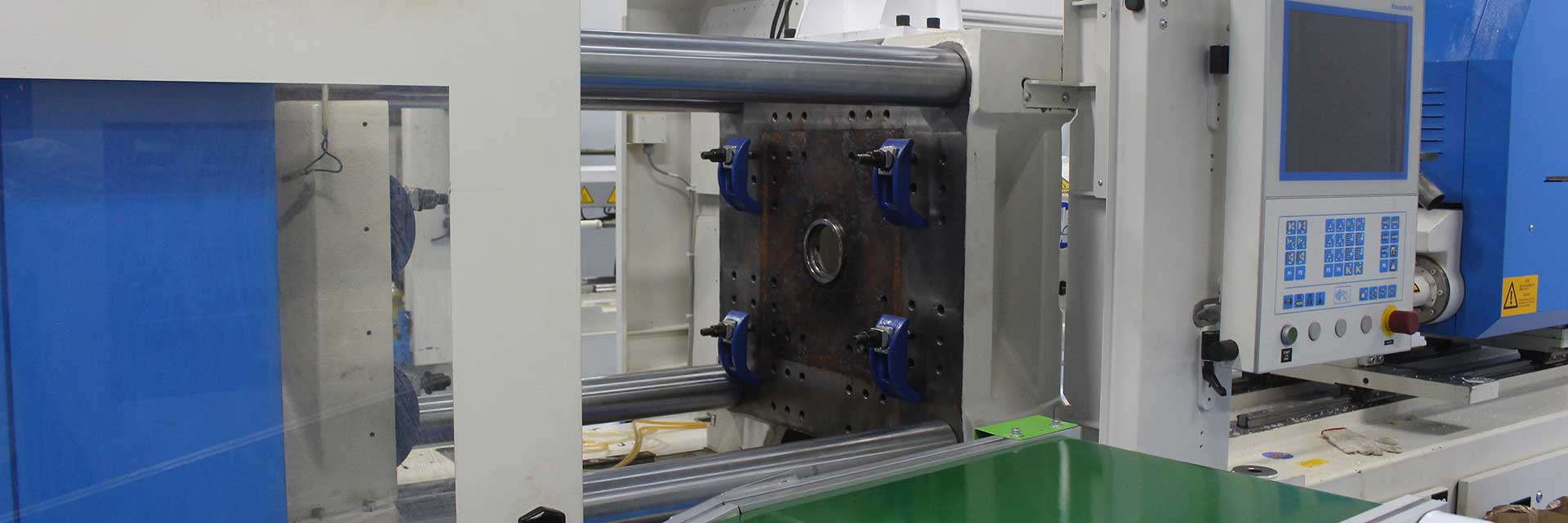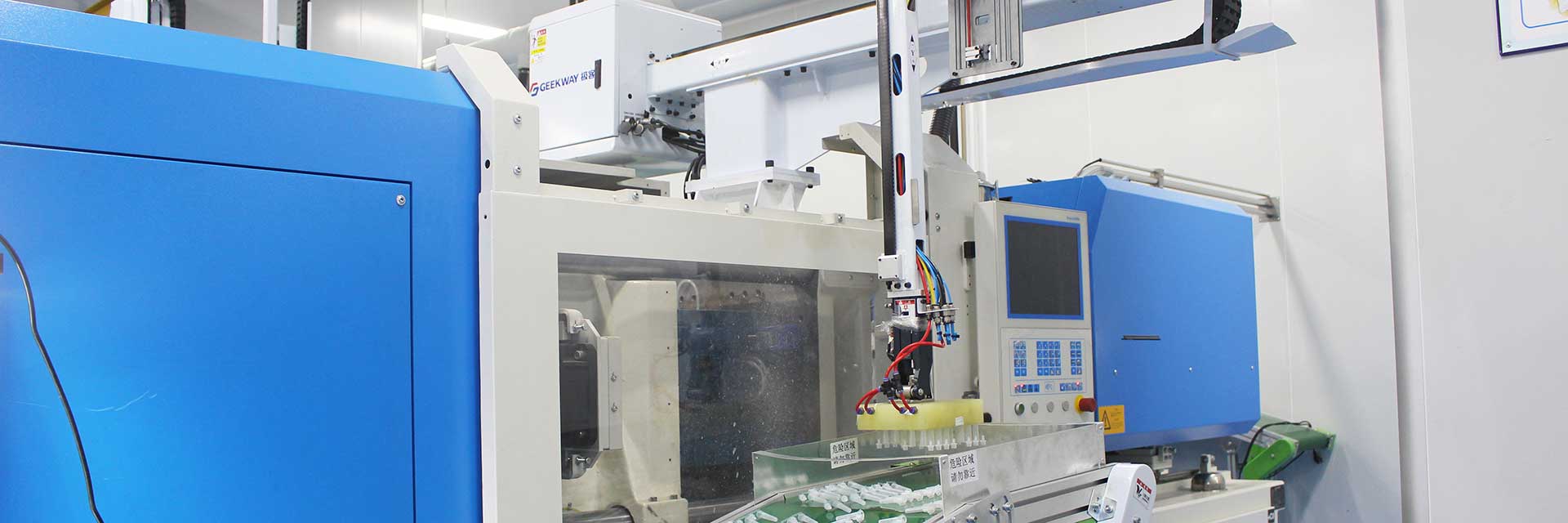Tool and die manufacturing services play a pivotal role in various industries, facilitating the production of high-quality components and products. This article delves into the world of tool and die manufacturing, exploring its significance, processes involved, and the benefits it offers to businesses. By the end, you’ll have a comprehensive understanding of how tool and die manufacturing services contribute to the success of industries worldwide.
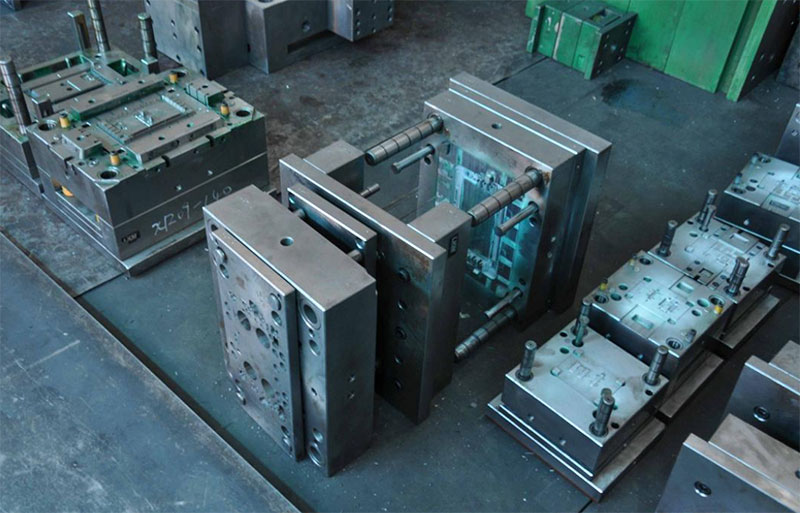
Understanding Tool and Die Manufacturing Services
Tool and die manufacturing services involve the design, development, and production of specialized tools, molds, and dies used in various manufacturing processes. These components are crucial for shaping, cutting, forming, and stamping raw materials into desired shapes and sizes. Industries such as automotive, aerospace, electronics, and consumer goods rely heavily on tool and die manufacturing to create precision parts and products.
The Process of Tool and Die Manufacturing
Tool and die manufacturing follows a systematic process that ensures the creation of accurate and efficient tools. Here are the key steps involved:
- Design and Engineering: Tool and die manufacturers work closely with engineers and designers to develop precise specifications for the required tools. Computer-aided design (CAD) software is used to create detailed 3D models and simulations, allowing for thorough testing and optimization.
- Material Selection: Choosing the appropriate materials for tool and die manufacturing is crucial for durability and performance. Factors such as hardness, wear resistance, and thermal stability are considered during material selection to ensure optimal tool longevity.
- Machining and Fabrication: Advanced machining techniques like milling, turning, and grinding are employed to shape the raw materials into the desired tool components. CNC (Computer Numerical Control) machines ensure high precision and repeatability in the manufacturing process.
- Heat Treatment: Depending on the application and material, heat treatment processes such as hardening, tempering, or annealing may be applied to enhance the mechanical properties of the tool. This improves its strength, hardness, and wear resistance.
- Assembly and Finishing: After the individual tool components are machined and treated, they are meticulously assembled, ensuring proper alignment and functionality. Finishing processes like polishing, coating, or plating may be employed to enhance the tool’s surface properties
The Benefits of Tool and Die Manufacturing Services
- Precision and Accuracy: Tool and die manufacturing services enable the production of precise components with tight tolerances. This ensures consistency and quality throughout the manufacturing process, reducing errors and rework.
- Efficiency and Cost Savings: Well-designed and properly manufactured tools improve production efficiency by minimizing downtime, scrap, and rejections. This leads to cost savings and increased profitability for businesses.
- Customization and Flexibility: Tool and die manufacturing allows for customization according to specific industry requirements. Businesses can create unique tools and dies tailored to their manufacturing processes, providing a competitive edge in the market.
- Innovation and Product Development: With the expertise of tool and die manufacturers, businesses can explore innovative designs and develop new products. The ability to create complex shapes and features opens doors to advancements in various industries.

